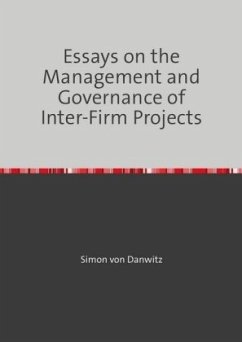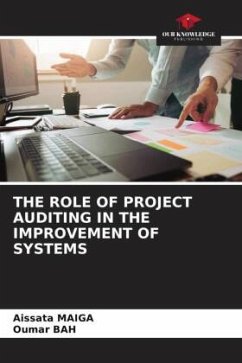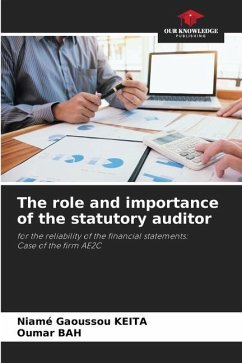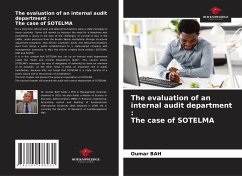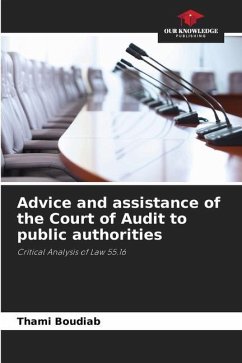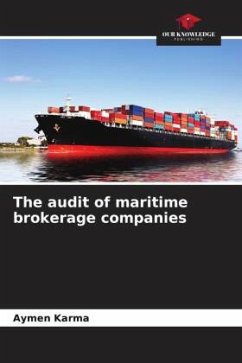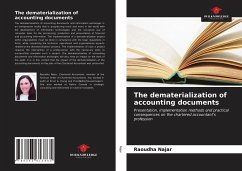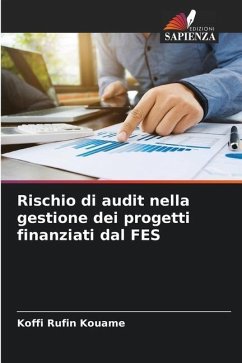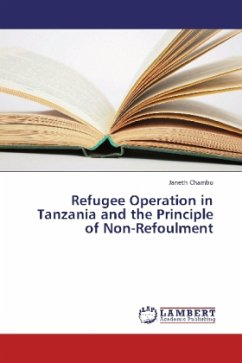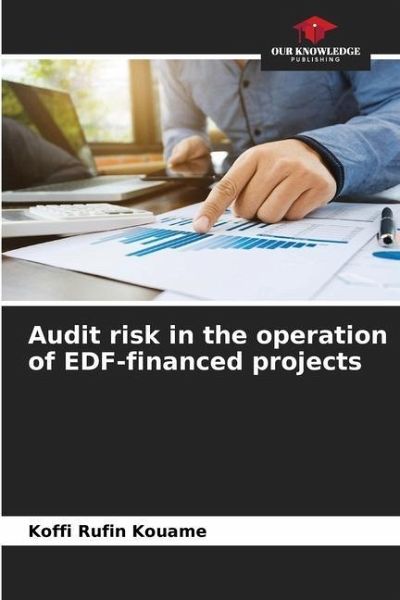
Audit risk in the operation of EDF-financed projects
Versandkostenfrei!
Versandfertig in 6-10 Tagen
27,99 €
inkl. MwSt.

PAYBACK Punkte
14 °P sammeln!
International and national institutions, whether public or private, operate with rules and procedures that are sometimes specific to some of them. In order to ensure their proper functioning, all these institutions must respect these rules and procedures by setting up an adequate system and an efficient control. The objective of the audit in these institutions is to obtain reasonable assurance about whether the financial statements presented for audit are free from material misstatement. To reach this opinion, the auditor relies on his professional judgment, which he develops following various...
International and national institutions, whether public or private, operate with rules and procedures that are sometimes specific to some of them. In order to ensure their proper functioning, all these institutions must respect these rules and procedures by setting up an adequate system and an efficient control. The objective of the audit in these institutions is to obtain reasonable assurance about whether the financial statements presented for audit are free from material misstatement. To reach this opinion, the auditor relies on his professional judgment, which he develops following various analyses and work carried out within the audited organization. It is therefore necessary to be able to justify an overall opinion, based on the aggregation of elementary information with highly variable characteristics. Thus, the results of our investigations have enabled us to organize the content of this report into three main parts. The first part will present the EDF in general, the second will set out the theoretical and documentary framework and the third will deal with the audit risk in the financing of EDF projects.



